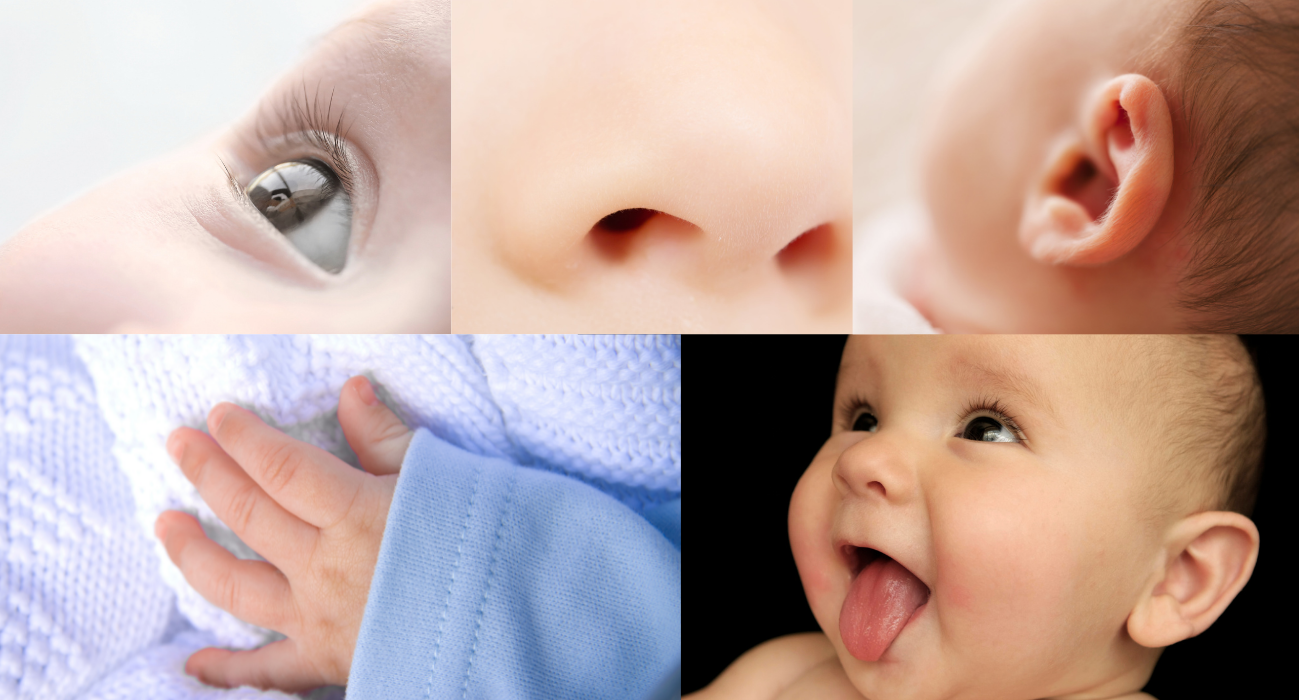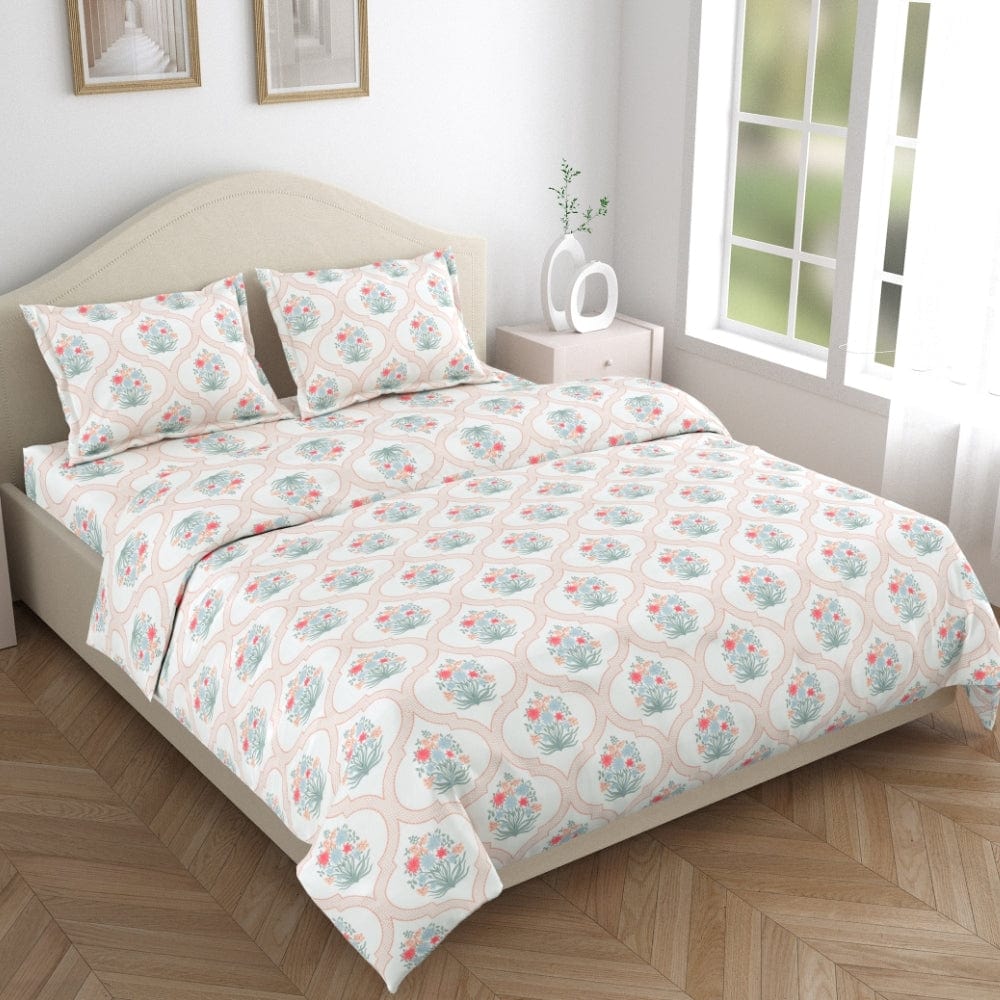Why You Should Try Sensory Play Ideas For Your Growing Baby
Sensory play activities are imperative on the path of the overall development and growth of the baby. A newborn is fully equipped with all the senses, smell, taste, sight, sound, and touch but some are less in practice than the others. After a few weeks of being born, the baby can be introduced to certain activities that will help them polish their senses and practice all of them on the same level.
What activities qualify as sensory activities?
All activities we do in life stimulate the synapses in our brains, which results in our brains registering definite feelings. In little humans who have just entered the world, these sensory organs need development. While a newborn can taste, smell, hear and feel everything, the sight takes time to develop. At birth and for the following few weeks, a baby can see only till a distance of 8-12 inches. The senses of touch, smell, and taste are formed as early as when they are cocooned up in the womb. Even with all their sense organs totally functional, caregivers must remember that touching different objects, hearing varied sounds, and seeing various things is a brand new experience for the baby. Sensory activities help them adapt to the world better by exposing them to more feelings, images, and sounds through entertaining activities.

Why are sensory activities important for your growing baby?
1. Critical to brain development
In the very first year, the baby’s brain grows double the size of what it was at birth. Synapses are basically the joint between two neurons so that signals can be transmitted from one to the other. Synapses are added and made more effective throughout life. While most of the development happens optimally in the critical period (a time window when the baby develops the most), it can be facilitated by helping the baby be exposed to different senses. The brain develops throughout one’s life and even in adults, when more senses are put to practice together; the brain is more active in retaining information. Therefore, for a healthy and swift development of the synapses and other senses in the brain, sensory play ideas are an absolute godsend.

2. Aids in developing language reception
This is an elaboration on the brain development as language skills and literally all other skills are directly connected to the brain’s growth and retaining capability. When the child is involved in playing with dough, bubble wrap, foam, mud, etcetera, as a parent you naturally give commands. Commands at this stage are any directions you give the child, such as “roll the dough”, “make balls of mud” or “pick up some foam”. Gradually, the child understands your words when they imitate you or understand you. This is the first step to language skill development, that is language reception. Language reception is your baby’s potential to understand spoken language or gestures of the language. Through sensory play activities you give commands, pose questions, and essentially introduce unfamiliar words to the child.

3, Helps in improving motor skills
Before we tell you how sensory play helps in developing the baby’s motor skills, you must know what motor skills are. Motor skills develop right after birth and they help us do our daily activities. All activities that require body parts to move are known as motor activities, and the ability to perform these tasks is known as motor skills. Now, the more the baby practices or tries to move, the better the growth in their motor skills is. If you look at it from a very basic perspective, the mere moving of a baby’s hands to feel the breast while sucking on them is a motor activity too. As they grow up, the need to be active and fluent in body movements becomes quintessential.
Motor skills can be divided into two categories, namely fine motor skills and gross motor skills. Like the names suggest, fine motor skills include the movement of small body muscles (like fingers or wrist) while gross motor skills refer to the movement of bigger muscles or body parts (like legs and arms). The development of motor skills makes a child independent, confident, and equips them with the readiness to explore the world around them. Sensory play helps them to practice their motor skills more often and gradually become independent of commands to move in any way they need.

4. Development of the sixth and seventh senses!
With time humans have explored their physical existence in mind-blowing ways and with the burgeoning of Science we have been introduced to the realisation of the sixth and the seventh senses- body awareness and balance. We can notice the body awareness abilities in babies right from their swaddling period. While swaddling calms them down, a nice lullaby soothes their exhausted cries. In the following weeks they feel comforted when you rub lotion/oil on them as well. When the baby turns 7-8 months old they explore motor plans to crawl and eventually stand. When you introduce the baby to sensory play activities, their cognitive development is strengthened and all hindrance towards growth can be prevented early.

Finally, the benefits of sensory play are umpteen, including problem solving and enhancing their tactile and sensory experiences. Babies are naturally interested in sensory activities as growth comes inherently to them. As parents and caregivers, all we can really do is to support these maneuvers and augment their advancing skills and abilities.



